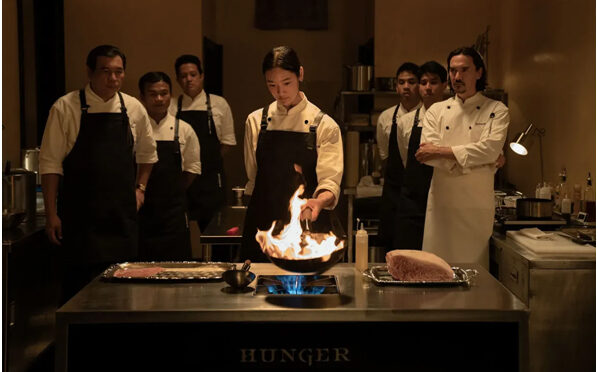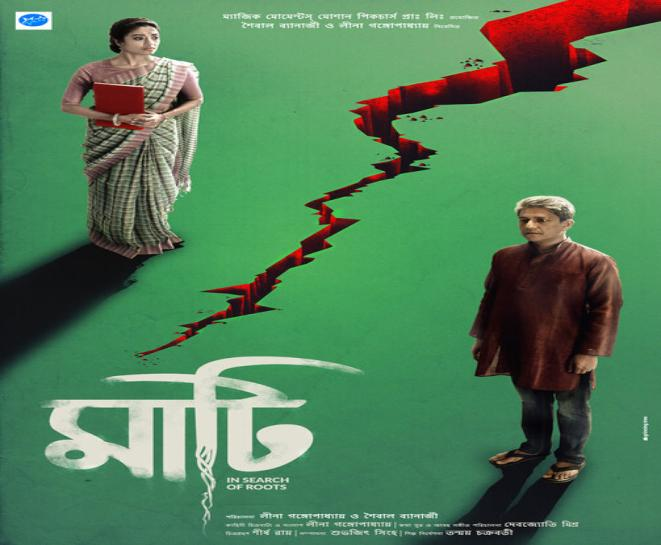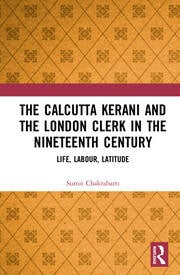Hunger: A Journey through Thailand’s Culinary Macrocosm
Posted on : July 17, 2023Author : Nayantara Sengupta

“The real winners are always the ones who hunger the most”
– Hunger, 2023
Sitisiri Mongkolsiri’s compelling Thai film “Hunger” (2023), which is set in contemporary Thailand, explores the intricate themes of influence, obsession, and the pursuit of unfulfilled goals. Through its exploration of the ‘foodie culture’ and the world of fine dining, this Thai film provides a thought-provoking commentary that goes beyond its seemingly innocuous surface. Hunger serves as a powerful critique of class privilege and social inequality within modern Thai society, shedding light on the coexistence and interactions of diverse social classes in Bangkok, the capital city of Thailand. Taking place in the present, the movie depicts a stark contrast between the majority of the population living in poverty and a privileged minority enjoying luxurious lifestyles, which is very apt in the current scenario. According to a recent assessment by the World Bank, Thailand has been identified as having the highest level of income inequality among countries in the Asia Pacific region. Aoy’s (Chutimon Chuengcharoensukying) struggles serve as a poignant reminder of the glaring income disparity in Thailand, resonating with experiences faced by many individuals worldwide.
The movie tells the story of Aoy a young chef with potential who aspires to advance her career in the kitchen by becoming a member of an exclusive group of cooks under the direction of Chef Paul (Nopachai Chaiyanam), a well-known chef she has long admired. Aoy used to laboriously prepare stir-fried noodles every day at a family-run restaurant nestled away in a Bangkok neighbourhood. She is sought out by Tone (Gunn Svasti), who works as a chef under Chef Paul. Aoy decides to leave her family behind and take a step further into the world of culinary arts, and shows up at Hunger’s audition for new chefs. Little does she know that passing the audition would only make her life harder than it was, as she gets stuck in a web of chaos, kitchen politics, and obsession with fame and perfection. After noticing that Chef Paul and his team engage in illegal activities for the sake of fame and keeping in the good books of the wealthy, Aoy decides that her role model is not as respectable as she thought him to be, and quits. She starts her own restaurant, Flame, and uses the same methods as her mentor. She slowly realises she is becoming more like him the more “hungry” she gets, and as she becomes well known among the socialites of the country. At the end of the film, she decides to leave fame behind and go back to her roots, the little noodle restaurant run by her family.
Although primarily a psychological drama, it is also extremely visually captivating, with classy cinematography and colouration, which ranges from shots of Bangkok city, close-ups of mouth-watering aromatic dishes, and capturing the nervousness in the air through a darker colouring. Sound has played a part in the film as well, be it sounds of a busy kitchen, the hustle and bustle of the streets of Bangkok, or just plain silence during tense scenes.
The film serves as a powerful portrayal of society, capturing its apathy and moral decay. At its core, it explores the relentless pursuit of excellence and the desire to escape the monotonous existence of mediocrity in a rapidly changing world. It effectively conveys the message of discovering one’s true purpose, emphasizing the inherent isolation that accompanies success. Chef Paul’s frequent belittlement of his staff and displays of superiority depict a common occurrence in professional kitchens worldwide. The scene where the chefs discuss the famous wagyu beef, and how they can only toil and cook it and not ever enjoy it is symbolic of the class divides in the society, where such people can only toil and work away for the enjoyment of the wealthy, while they just look on and dream of being in their position. This brings me to another scene, where at a party for youngsters, the host congratulates Chef Paul on his spectacular menu without truly understanding or tasting the food. The affluent utilize the popular solely for the sake of gaining status, rather than genuinely experiencing enjoyment. In a particular scene of Hunger, wealthy diners voraciously slurp up slices of costly beef while a bloody red sauce drips from their mouths, potentially symbolizing their insatiable hunger for power and willingness to go to extreme lengths to achieve it.
In a city known for both its street food and fine dining, the scenes from the movie bring out the actual reality of the vendors or the ‘lower-class’ culinary experts. Street Food Asia, another docuseries venture by Netflix explores various family favourite vendors in different parts of Asia, with many of them voicing the same concerns: they are being forced to vacate their respective stalls and areas in order to make space for larger business or venture. These popular vendors, no matter how respectable and well known in the local community suffer at the hands of the affluent and their greed regularly. These communities suffered especially during the COVID-19 health crisis, with their food being marked as unhygienic or unsanitary. “Even before vendors could cope with the cholera-related evictions, most public spaces started closing down from March 13 in the wake of COVID-19. The entire country eventually locking down since March 25, and the formal sector being advised to ‘work from home’, translated into loss of livelihood for most informal sector workers”, says Puja Guha in an article for Bengaluru Citizen Matters.
I would highly recommend watching Hunger, for various reasons. The movie was an insightful lens into the reality of the culinary world, filling the viewer with anticipation and thrill. The thrill stems from the fusion of innovative and imaginative elements found in the theme, genre, narrative structure, character portrayal, directing, cinematography, editing, and sound. However, achieving the perfect blend of creativity and originality requires an extensive and captivating process. The entirety of this process is exhilarating due to the elements and efforts involved, which makes it even more remarkable.
References
“Hunger (2023) – IMDb.” IMDb, 6 Apr. 2023, www.imdb.com/title/tt22695402.
Ramachandran, Avinash. “’Hunger’ Movie Review: Cooked to Perfection…” The New Indian Express, 15 Apr. 2023, www.newindianexpress.com/entertainment/review/2023/apr/16/hunger-movie-review-cooked-to-perfection-2565621.html.
Doton, Lily. “Netflix Thai Food Film ‘Hunger’ Interview With Director About Using Fire, Gross-out Scenes and Class.” Salon, 7 May 2023, www.salon.com/2023/05/07/hunger-thai-netflix-sitisiri-mongkolsiri.
Guha, Puja, and Puja Guha. “Can Bengaluru’S Street Food Vendors Tide Over COVID-19 Lockdown?” Citizen Matters, Bengaluru, Nov. 2020, bengaluru.citizenmatters.in/bengaluru-covid-lockdown-street-food-vendors-impact-cholera-eviction-street-vending-act-43897.
Zachariah, Preeti. ‘Hunger’ Netflix Movie Review: A Well-done Exploration of the Politics of Fine Dining Served With Stellar Performances. 14 Apr. 2023, www.thehindu.com/entertainment/movies/hunger-movie-review-a-well-done-exploration-of-the-politics-of-fine-dining-served-with-stellar-performances/article66736506.ece.
Street Food Asia, created by Brian McGinn, David Gelb, Netflix 2019.
Hunger
Director: Sittisiri Mongkolsiri
Produced by: Song Sound Production, Thailand
Year: 2023
Nayantara Sengupta
Intern, Asia in Global Affairs





Leave a Reply